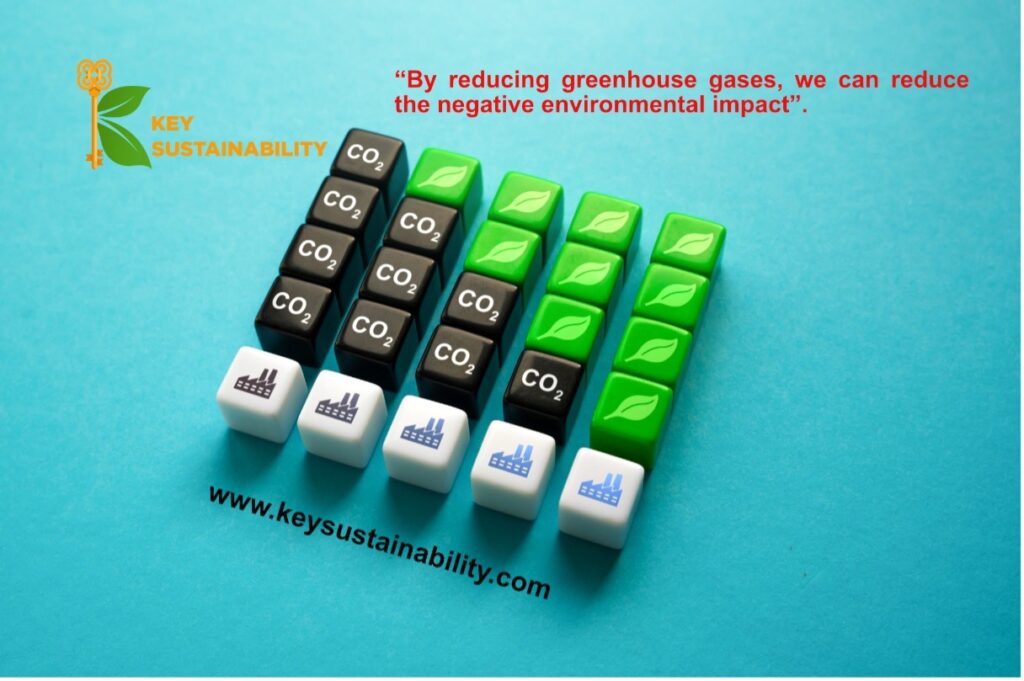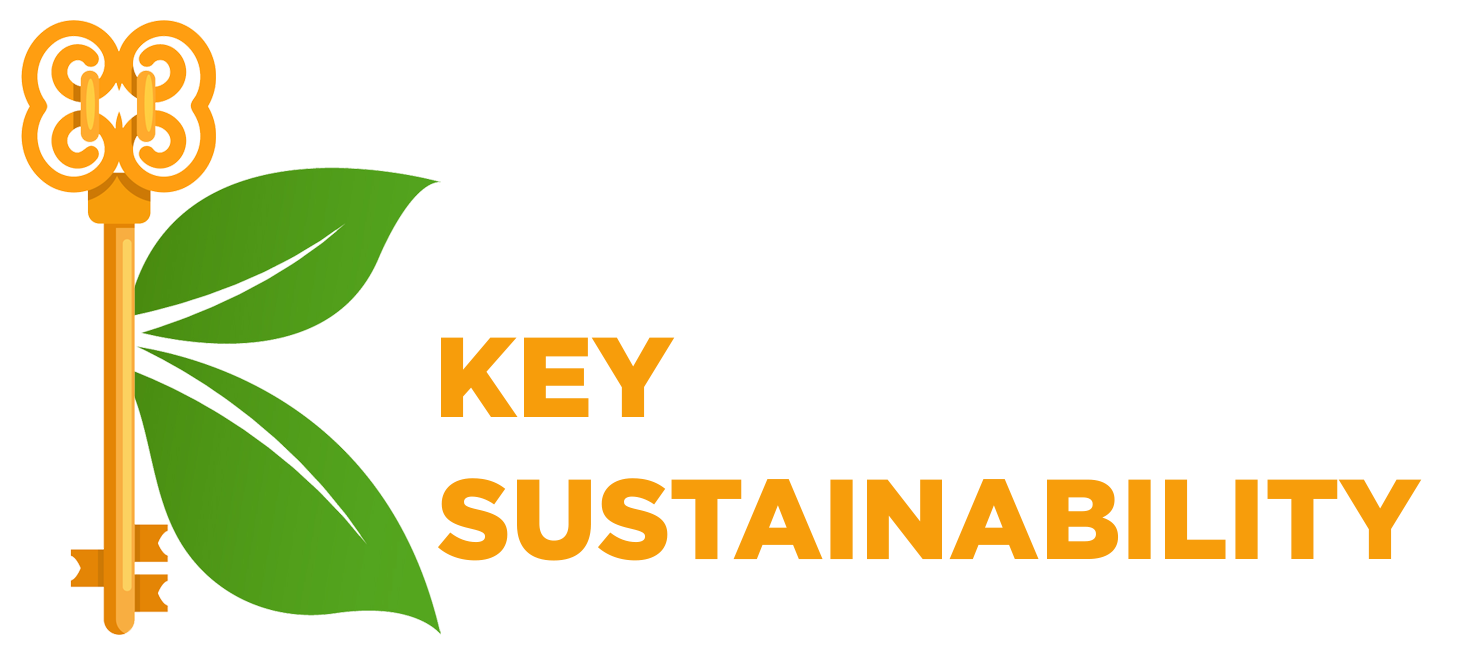Introduction:
The Paris Agreement, adopted in 2015, aims to limit global warming to well below 2 degrees Celsius above pre-industrial levels and pursue efforts to limit it to 1.5 degrees Celsius. Achieving these goals requires transitioning to a sustainable economy with net-zero greenhouse gas emissions. Bridging the gap between current commitments and the net-zero target demands ambitious actions across various sectors and stakeholders.

Accelerate the Transition to Renewable Energy:
- Increase investment in renewable energy sources such as solar, wind, hydro, and geothermal power.
- Implement policies that promote the adoption of electric vehicles and phasing out fossil fuel-based transportation.
- Encourage the use of green technologies and energy-efficient solutions in industries and buildings.
Promote Energy Efficiency and Conservation:
- Enforce strict energy efficiency standards for appliances, buildings, and industrial processes.
- Encourage behavioral changes and awareness campaigns to promote energy conservation.
- Invest in research and development to innovate new energy-saving technologies.
Decarbonize Industrial Processes:
- Encourage industries to adopt low-carbon production methods and technologies.
- Support the development and scaling of carbon capture, utilization, and storage (CCUS) technologies.
- Facilitate the transition to circular economy practices that reduce waste and emissions.
Enhance Natural Carbon Sinks:
- Protect and restore forests, which act as vital carbon sinks.
- Implement sustainable agricultural practices that promote soil carbon sequestration.
- Support ocean conservation efforts to preserve marine ecosystems that absorb carbon dioxide.
Promote Climate-Friendly Land Use:
- Encourage responsible land use planning to avoid deforestation and urban sprawl.
- Incentivize sustainable agriculture and reforestation projects.
- Foster climate-resilient and regenerative farming practices.
Invest in Green Innovation and Research:
- Increase funding for research and development of green technologies and sustainable solutions.
- Support startups and initiatives focused on climate change mitigation and adaptation.
- Foster collaboration between academia, private sector, and governments to accelerate innovation.
Implement Carbon Pricing and Incentives:
Introduce carbon pricing mechanisms to internalize the costs of carbon emissions.
Provide financial incentives and subsidies for companies transitioning to low-carbon practices. Use revenue generated from carbon pricing to fund climate-friendly projects.
Strengthen International Cooperation:
Encourage global collaboration to share knowledge, technology, and best practices.
Provide financial and technical support to developing countries for climate adaptation and mitigation efforts. Foster partnerships between governments, businesses, and civil society to address the global climate challenge.

Conclusion:
Bridging the gap between Paris Climate Change Commitments and achieving net-zero emissions requires coordinated efforts from governments, businesses, and individuals worldwide. By embracing sustainable practices, investing in green technologies, and fostering international cooperation, we can pave the way to a sustainable economy and a healthier planet for future generations.

